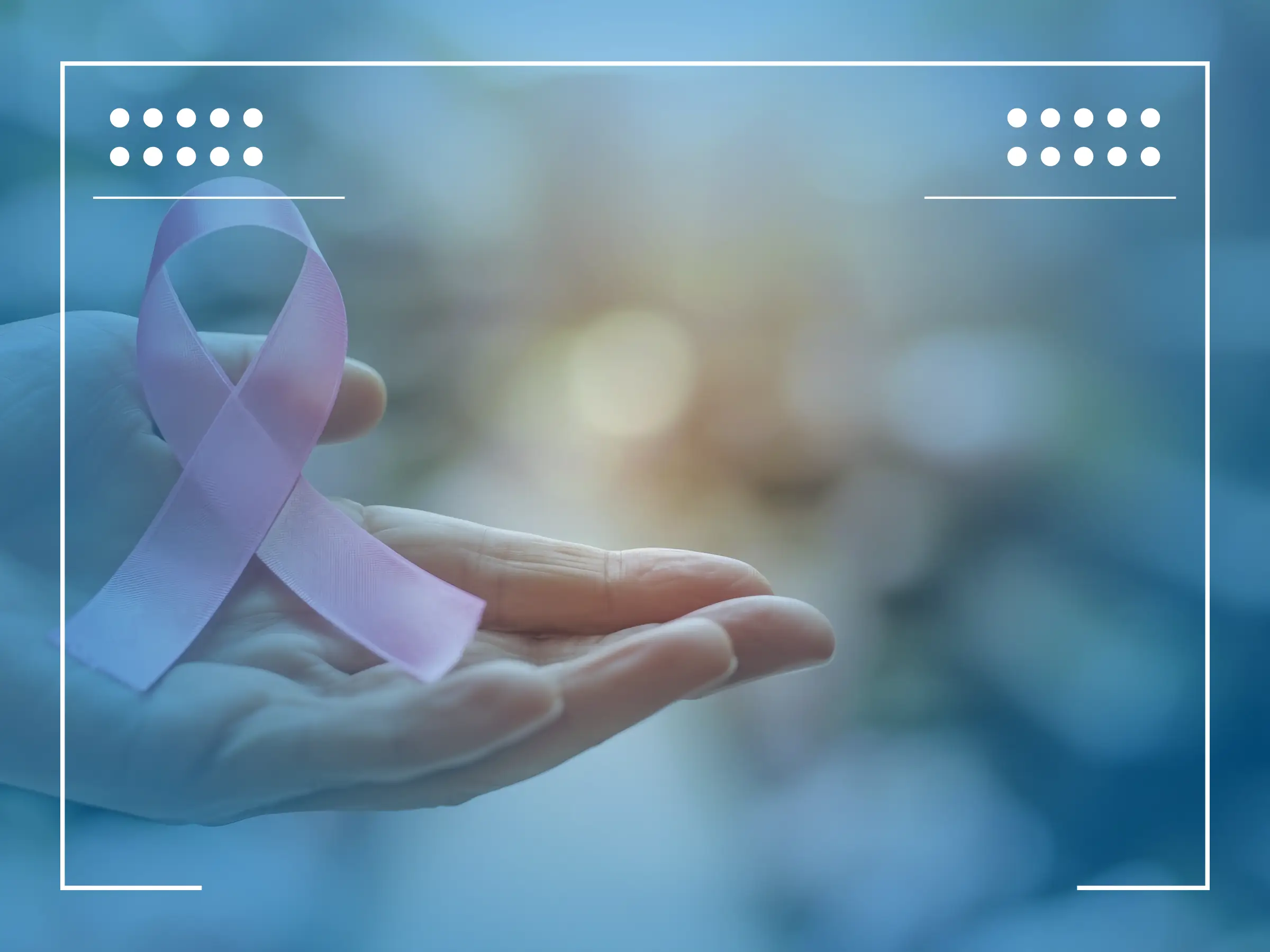Refusing hormone therapy for breast cancer: what to know: Refusing hormone therapy for breast cancer is a personal decision that requires careful consideration of potential benefits and risks. Hormone therapy is often prescribed to block or lower estrogen in hormone receptor-positive breast cancers, helping to reduce the risk of recurrence. However, some individuals may choose to decline this treatment due to concerns about side effects, such as hot flashes, fatigue, or long-term risks like bone thinning and cardiovascular issues.
Refusing hormone therapy for breast cancer: what to know requires examining potential alternative treatments that may better align with individual preferences. Each treatment path carries specific risks and benefits, and consulting with the medical team allows for a more comprehensive approach to navigating the diagnosis. While hormone therapy is considered a key option for many, alternatives such as surgery, chemotherapy, or radiation may also be explored depending on the stage and type of breast cancer. Additionally, understanding the long-term implications of refusing hormone therapy becomes crucial in making an informed decision that balances quality of life with treatment efficacy. Open discussions with medical professionals ensure that all available options are thoroughly considered.
Before deciding, it’s essential to discuss the following with a healthcare provider:
- Cancer type: Hormone therapy is specifically beneficial for hormone receptor-positive cancers. Understanding the role of hormones in the growth of your specific cancer type is crucial.
- Recurrence risk: Declining hormone therapy may increase the likelihood of cancer returning. Your doctor can explain personalized recurrence risk based on your diagnosis.
- Side effects: The intensity and management of side effects vary between patients. Discussing strategies to mitigate side effects could help make treatment more manageable.
- Alternative treatments: If hormone therapy is declined, it’s important to understand what alternative treatments (e.g., surgery, radiation, chemotherapy) are available and how effective they may be in reducing recurrence risk.
Refusing Hormone Therapy For Breast Cancer
Refusing hormone therapy for breast cancer is a decision that can be shaped by several factors, including concerns about side effects, the effectiveness of alternatives, and personal preferences.
What Can I Take Instead of HRT After Breast Cancer?
There are several alternatives to hormone replacement therapy (HRT) for those who have undergone breast cancer treatment. Aromatase inhibitors, for example, are commonly prescribed for postmenopausal women to block estrogen production and may be an alternative to tamoxifen. Patients may also consider participating in clinical trials that explore new treatment methods, offering access to cutting-edge therapies.
- Chemotherapy is often part of the treatment plan for individuals who refuse hormone therapy, as it directly targets cancer cells.
- For some, breast cancer hormone therapy remains the recommended option, particularly for those with hormone receptor positive cancer.
- Engaging in conversations about other treatments like menopause management options ensures a comprehensive understanding of what best suits an individual’s needs.
Decisions around hormone therapy, whether for breast cancer or other types of cancer, require personalized discussions with healthcare professionals. Exploring alternatives like aromatase inhibitors, chemotherapy, or clinical trials enables a more informed choice that aligns with individual needs. Hormone therapies like tamoxifen remain effective for many, but alternative paths are available for those who opt out.
Refusing Hormone Therapy For Breast Cancer Premenopausal
For premenopausal women diagnosed with breast cancer, deciding whether to undergo hormone therapy breast cancer treatment can be a challenging decision. Hormone therapy is designed to block the effects of estrogen, which can fuel the growth of certain breast cancers. However, some premenopausal women may hesitate to begin hormone therapy in breast cancer due to potential side effects and long-term health impacts. Understanding these factors is essential when evaluating options.
Considering the pros and cons of hormone therapy for breast cancer can help guide decisions for those who are premenopausal. On the positive side, hormone therapy has been shown to reduce the risk of recurrence in hormone receptor-positive breast cancer. On the downside, side effects such as hot flashes, mood swings, and the potential for long-term impacts on fertility may be concerning for younger women.
Endocrine therapy breast cancer treatments are often recommended to premenopausal women because they block estrogen, but there are potential side effects. Discussing these concerns with healthcare professionals allows for a more personalized approach to treatment.
Refusing Hormone Therapy For Breast Cancer Postmenopausal
For postmenopausal women diagnosed with breast cancer, declining hormone therapy presents unique challenges and considerations. Many wonder, what happens if I refuse breast cancer treatment? While hormone therapy plays a crucial role in slowing the progression of certain cancers, the decision to refuse treatment can affect outcomes, especially for those with metastatic breast cancer, where the disease has spread to other parts of the body.
The question, do all breast cancer patients need hormone therapy?, hinges on whether the cancer is hormone receptor-positive. In cases where cancer cells depend on hormones like estrogen or progesterone to grow, hormonal treatment for breast cancer is often recommended. However, those with hormone receptor-negative cancers may not benefit from this type of therapy.
Refusing hormonal therapy for breast cancer can increase the risk of recurrence, particularly for hormone-sensitive cancers. Discussing alternatives and exploring other treatments can provide a clearer understanding of the impact of declining hormone therapy.
For those seeking alternative options, clinical trials offer promising opportunities to explore cutting-edge therapies that may better suit individual needs. These trials not only contribute to advancing cancer treatment but also provide access to innovative approaches that could improve outcomes for many patients.
